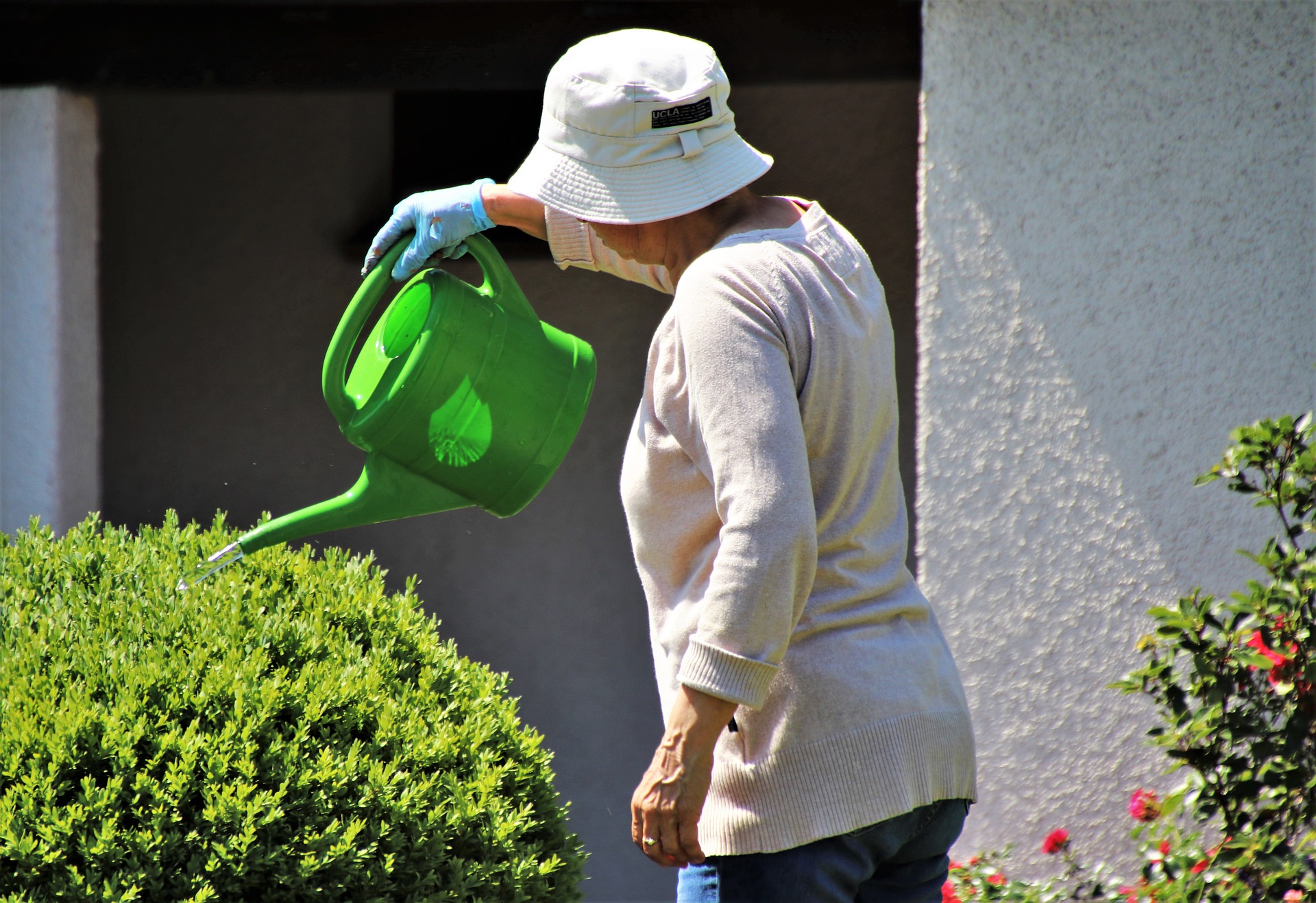
11 Mar I think I make too much money for Medicaid. What can I do?
Photo: pixabay.comQ. I am 73, retired, single and collecting Social Security and a small New Jersey pension. I just found out that I probably collect too much money to be eligible for Medicaid assistance to help with any kind of long-term care if needed in the future. I own a house but still have a mortgage on it. Are there any solutions except for getting a long-term care insurance policy, which I’m pretty sure I can’t afford given my age.
— Concerned about care
A. There are steps you can take, but it may take time before they will help your situation.
You should start by talking to an estate planning attorney who can look at your assets and income and see what impact they will have on Medicaid eligibility.
Medicaid has a five-year lookback, said Jeanne Kane, a certified financial planner with JFL Total Wealth Management in Boonton.
For example, if you gave away all of your assets this year and go into a nursing home expecting Medicaid to pay, it will look back over five years at what you owned and it can claw back what it spends on you, Kane said.
“Just because you are not eligible for Medicaid and its long-term care benefits today, it doesn’t mean that you won’t be eligible in the future,” she said. “That’s because even if your income is above the limit, you still might be able to qualify for Medicaid if you have a lot of medical expenses.”
In order to qualify financially, you need to have few resources, she said.
“In New Jersey, for long-term care, your assets can’t be higher than $2,000 if you’re single,” Kane said. “Not all property counts towards the resource limit. One car is exempt. Your home may be exempt if it is your primary residence and worth less than the limit.”
Kane said you may want to look into a reverse mortgage which would free up some of the equity in your home that you could use towards a long-term care insurance policy.
“Long term care policies can still be issued at your age,” she said. “Premiums will be higher than if you had enrolled 10 or even 20 years ago but still an option and it would keep you in your home.”
The Division of Aging Services (DoAS) administers a number of federal and state-funded programs that make it easier for older adults to live in the community and in their homes as long as possible. You can get more information at state.nj.us/humanservices/doas/home.
Email your questions to .
This story was originally published on March 11, 2021.
NJMoneyHelp.com presents certain general financial planning principles and advice, but should never be viewed as a substitute for obtaining advice from a personal professional advisor who understands your unique individual circumstances.

